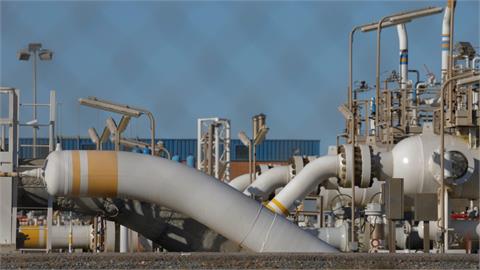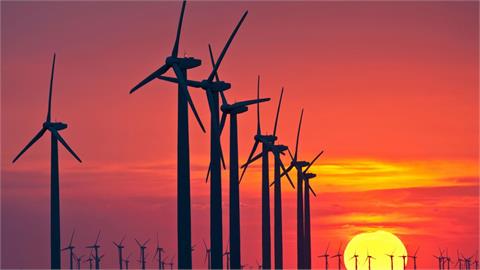A major state project is being developed to expand Serbia’s network of electric vehicle charging stations, said Miloš Petrović, director of the Center for Electric and Hybrid Vehicles (CEH-V), set up in cooperation with the University of Belgrade Faculty of Mechanical Engineering.
Serbia needs an estimated 150 EV charging stations, Petrović said, local media reported, citing Tanjug. The country currently has only about 30 EV charging stations, five of which are fast charging stations along the highway routes, which can serviceup to three vehicles at a time, according to the center’s data.
Serbia has a meager 148 registered electric vehicles (EV), more than a half of which are electric cars and the rest vehicles such as buses, trolley buses, and motorcycles, the center’s data shows.
A solar-powered fast charging station, which recharges a battery in 30 minutes, has been developed by engineering firm ENEL PS and installed on Zelengorska Street in Belgrade, Petrović said, adding that the goal is to install renewable energy-powered chargers rather than EV charging stations supplied with electricity generated by coal-fired power plants.
Recharging an electric vehicle is currently free at EV charging stations in Serbia, but preparations are under way to introduce payments, which will require registering vendors as electricity sale entities and securing collection software.
Petrović also said that incentivizing the purchaseof electric vehicles is Serbia’s obligation under chapter 27 of EU accession talks, which deals with the environment and which Serbia is yet to open.
Incentives for EVs are rare in the region, though discussions to introduce them in some countries are under way. Unlike neighboring EU countries,Albania, Kosovo*, Macedonia, Bosnia and Herzegovina, Montenegro, and Serbia do not offer such incentives.
EU countries, includingCroatia, Romania, andBulgaria, as well asSlovenia, also have far more developed networks of EV charging stations than non-member states in the region.



